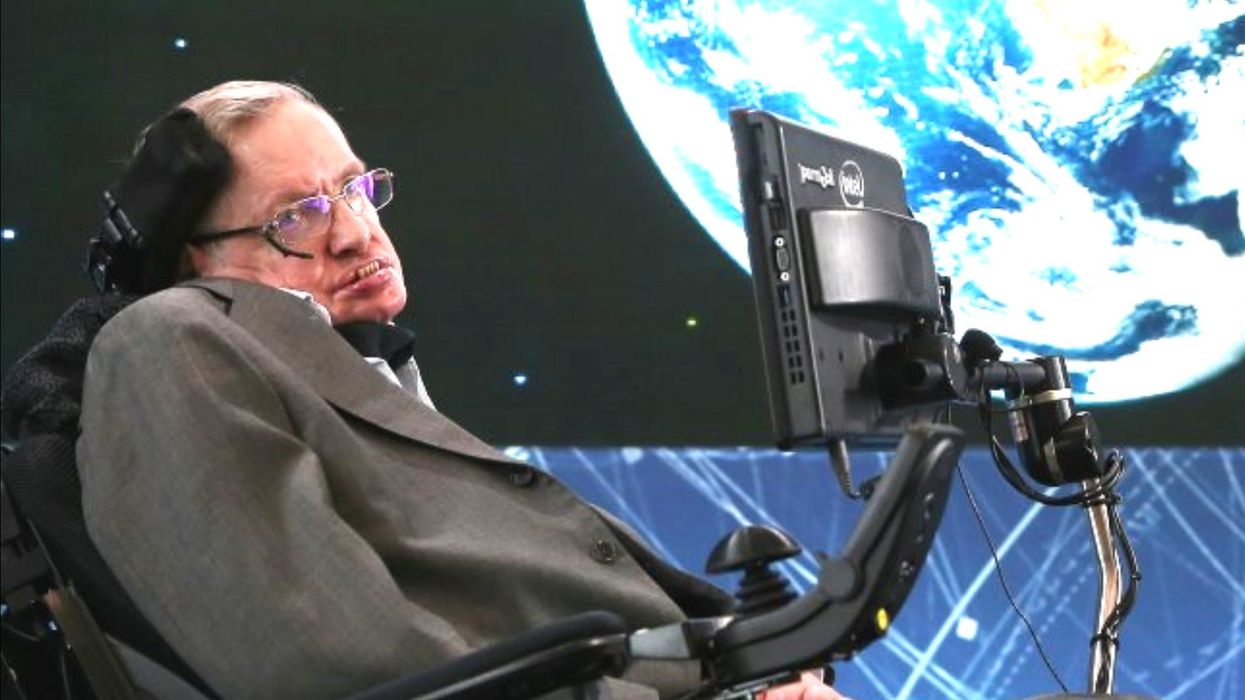New findings suggest the end of the universe could arrive far earlier than previously thought.
Researchers from Radboud University in the Netherlands - including astrophysicist Heino Falcke, physicist Michael Wondrak and mathematician Walter van Suijlekom - carried out in-depth calculations considering the impact of Hawking radiation, neutron stars and black holes.
Their findings suggest that the universe will meet its end in 10^78 years.
While this timeline is still incredibly vast, it’s significantly shorter than the earlier prediction made by the same group of scientists in 2023. Back then, they had estimated that the universe’s 'end' would occur after 10^1100 years.
"Yes, the universe will disappear sooner than we thought. But, fortunately, it will still take an incredibly long time," Falcke shared.
White dwarfs, the leftover cores of stars like our sun, will be the last to vanish. Their eventual decay will signal the final chapter of the universe. As for the moon, scientists estimate it will survive the longest, with its stable structure and limited interaction with cosmic radiation allowing it to persist for a staggering 10^90 years before eventually evaporating.
The team’s goal is to use these findings to deepen our understanding of the universe before it reaches its end. And perhaps, there’s still enough time for us to learn something meaningful.
"By asking these kinds of questions and looking at extreme cases," Suijlekom shared. "We want to better understand the theory, and perhaps one day, we unravel the mystery of Hawking radiation."
The full research has been published in the Journal of Cosmology and Astroparticle Physics.
You may also like...
- Letters uncovered from Sir Isaac Newton 300 years ago could reveal future of Earth
- Scientists share terrifying study into how the world will end
Sign up to our free Indy100 weekly newsletter
How to join the indy100's free WhatsApp channel
Have your say in our news democracy. Click the upvote icon at the top of the page to help raise this article through the indy100 rankings.














